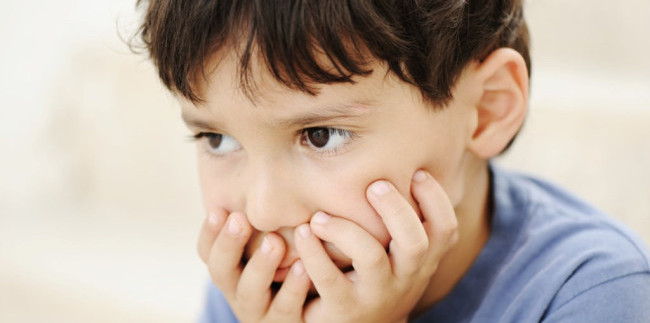
If your child begins to suffer from symptoms like dizziness, nausea and diarrhea, a trip to the doctor may be in order. In fact, a trip to two different doctors may be in order: one who specializes in physical ailments and another that specializes in mental health.
That’s because some symptoms that are commonly associated with anxiety and depression may actually stem from an underlying medical cause. And the symptoms aren’t likely to be resolved until the underlying medical condition is addressed.
The flip side can also be true. Children who suffer from frequent stomachaches, sleep disorders or certain other symptoms may appear to be plagued with a physical condition. But they could instead be suffering from anxiety.
Not Uncommon
You can get a better idea of how common the issue can be by looking at stats from the Montreal Heart Institute. A 1996 report showed that about 25 percent of the 441 patients who visited the emergency room due to chest pain were suffering from a panic disorder – not a heart issue.
An anecdote shared by a New York Times reporter noted that a woman who was being treated for panic attacks was finally diagnosed with a heart abnormality. Once her cardiac issue was treated, her panic attacks stopped.
Not Clear-Cut
A Psychiatric Times report included a list of some of the more common medical conditions that share the same symptoms as and could initially be diagnosed as an anxiety disorder. Conditions ranged from asthma to thyroid disease and, although the list contained 47 different physical conditions, it was only a partial listing.
In addition to underlying medical conditions, the report also included a list of different medications and substances that can produce the same symptoms as anxiety.
So How to Tell the Difference?
While medical professionals are likely to have the best insight into a proper diagnosis, you can use a checklist from Mayo Clinic to help determine if the symptoms of your apparently anxious child stem from a physical or mental condition.
An underlying medical issue may be to blame if:
- No one in your child’s biological family has an anxiety disorder
- Your child has never had an anxiety disorder at any time in their lives
- Your child seemed to develop anxiety out of nowhere
- Your child has never shown an urge to avoid certain situations or things because of anxiety
The bottom line is that humans are physical and emotional beings, and the two different aspects work together as a single whole. Mind and body are interconnected, and what happens throughout the body on the physical level can definitely affect the brain on a mental level – and vice versa.
Keeping this in mind can be extremely helpful when symptoms of any sort crop up. When in doubt about what’s going on with your anxious child or any family member, you’ll have both bases covered if you have the issue explored from both a physical and psychiatric point of view.
SOURCES:





